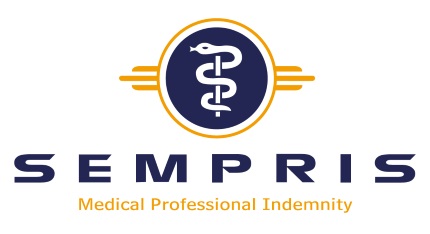Raising concerns about colleagues and other medical professionals at work can be a highly sensitive matter and one that often causes anxiety. However, with the consequences of not reporting potentially being much worse, it is a responsibility medical practitioners must take seriously.
Most healthcare professionals will have concerns about a colleague’s behaviour and actions from time to time and will have to make the delicate decision about whether or not to report them. Unacceptable behaviour may include; a colleague drinking at work, not following medical procedures and breaching confidentiality guidelines. In circumstances such as these that may, or have the potential to, take standards of healthcare below acceptable level, medical professionals have an ethical duty to speak out.
Ethical bodies advise that medical professionals have duty to take prompt action if they believe that any of the following are compromised:
- Patient safety
- Patient comfort
- Patient dignity
The GMC provides the following guidance:
“All doctors have a duty to raise concerns where they believe that patient safety or care is being compromised by the practice of colleagues or the systems, policies and procedures in the organisations in which they work. They must also encourage and support a culture in which staff can raise concerns openly and safely.”
Patient safety is one of the main reasons to raise a concern. Even though the concern need not be proven, it must be honest and genuine without any personal grievance.
Raising Concerns
Raising any concern must be must be undertaken using a measured approach. The GMC guidelines should be followed as well as the employer’s own protocols. Information should be kept confidential outside of the employer organisation, except in exceptional circumstances.
Things to consider before raising a concern:
- Investigate your employer’s policy and follow their guidelines
- Speak to colleagues and get their views to find out if your concern is justified
- Work with other colleagues to help you tackle the issue
- Gather as much evidence together as possible in writing with specific examples
- Keep focussed on the outcome and don’t let personal views influence the situation
- Keep records of all of the steps taken
Don’t accept the unacceptable
Medical professional have a wide set of responsibilities including whistleblowing. All those in the profession should feel they are able to raise any concerns and this should be encouraged by their employer. Even the most senior staff can feel intimidated at times, so it is extremely important to create a culture that is open and free from hostility.
Good advice is to be straightforward, open and honest and reflect on lessons learnt from a concern that is raised. It is the medical professional’s responsibility to follow up all concerns until a satisfactory response is received.
Useful links and phone numbers:
GMC helpline – 0161 923 6399
http://www.gmc-uk.org/guidance/ethical_guidance/11863.asp
Public concern at work – 020 7404 6609
Care Quality Commission – 03000 616161
http://www.cqc.org.uk/content/quick-guide-raising-concern-about-your-workplace
More GuidelinesShare this post:
- - -
